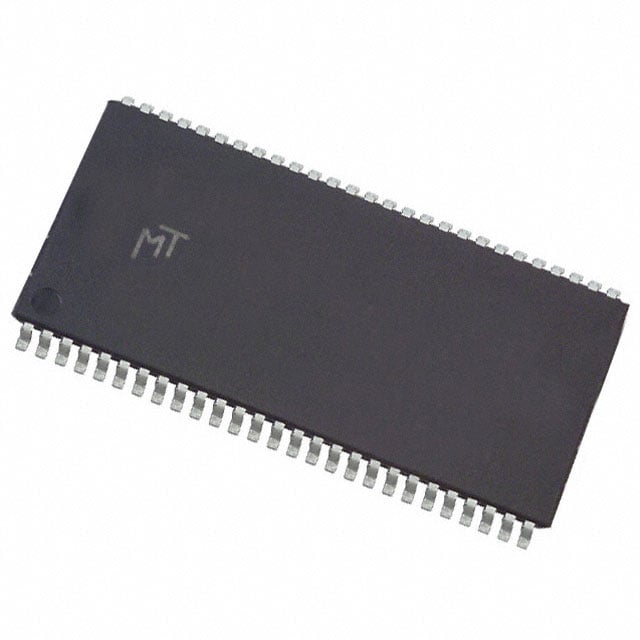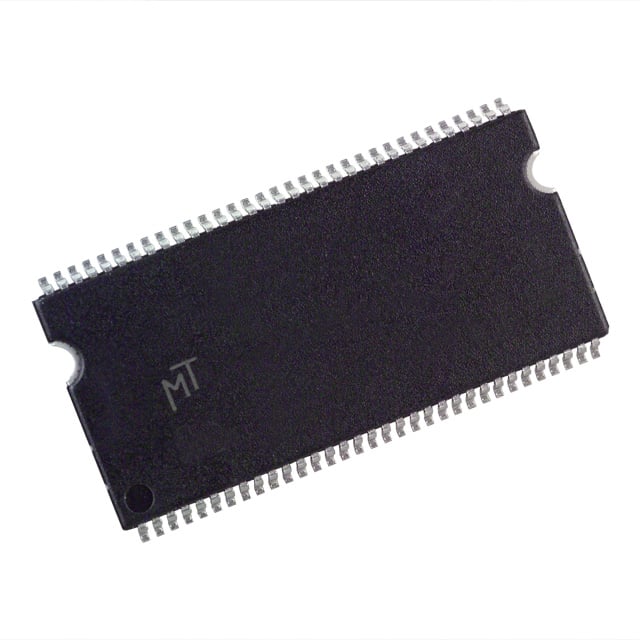UMC and Denso have built the first 12-inch wafer manufacturing IGBT production line in Japan
 2022-04-27 10:20:54
2022-04-27 10:20:54  923
923Abstract: News on April 4, since the outbreak of the shortage of cores in the fourth quarter of 27, automotive chips have been in a continuous shortage. In order to solve the supply problem, automotive parts manufacturer Denso not only invested 2020 million US dollars in TSMC's Kumamoto Fab (JASM) project this year, but also recently announced a cooperation with UMC, the two parties will jointly build the first production line for manufacturing IGBTs (insulated-gate bipolar transistors) from 3-inch wafers in UMC's USJC plant in Japan, creating a new business model for special processes in vehicles to solve the problem of serious shortage of 5-inch mature process capacity.
News on April 4, since the outbreak of the shortage of cores in the fourth quarter of 27, automotive chips have been in a continuous shortage. In order to solve the supply problem, automotive parts manufacturer Denso not only invested 2020 million US dollars in TSMC's Kumamoto Fab (JASM) project this year, but also recently announced a cooperation with UMC, the two parties will jointly build the first production line for manufacturing IGBTs (insulated gate bipolar transistors) with 3-inch wafers in UMC's USJC plant in Japan, creating a new business model for special processes for vehicles to solve the problem of serious shortage of 5-inch mature process capacity.

According to reports, for this 12-inch IGBT production line jointly built by the two parties, Denso will provide its system-oriented IGBT components and process technology, while USJC will provide 12-inch fab manufacturing capacity, which is expected to enter mass production in the first half of 2023. UMC will also enter the automotive electronics and electric vehicle supply chains of Japanese automakers such as Toyota and Subaru through its cooperation with Denso.
The collaboration has also been supported by the Ministry of Economy, Trade and Industry's Essential Semiconductor Carbon Reduction and Transformation Program. As a result of global efforts to reduce carbon emissions, the development and market demand for electric vehicles is growing rapidly, and the number of semiconductors required for the electrification of vehicles is increasing rapidly. IGBTs are the core devices of electric vehicles, which are high-efficiency power switches in converters to convert DC and AC power to drive and control electric vehicle motors.
Denso CEO Koji Arima said DENSO's partnership with UMC USJC will be one of the first companies in Japan to begin mass production of IGBTs on 12-inch wafers. With the development of mobile technologies, including autonomous driving and electrification, semiconductors are becoming increasingly important in the automotive industry. Through this collaboration, the two companies are contributing to the stable supply of power semiconductors and the electrification of automotive applications.
USJC General Manager Michiari Kawano noted that as a key wafer fab in Japan, USJC is committed to supporting the Japanese government's strategy to promote semiconductor production and transition to greener electric vehicles. Through wafer manufacturing services certified by automotive customers, combined with Denso's expertise, we will produce high-quality products that will provide momentum for future automotive development and future automotive development.
Wang Shi, co-general manager of UMC, said that this win-win cooperation between UMC and Denso is a major project of UMC, which will expand its importance and influence in the field of automotive electronics. With UMC's strong portfolio of advanced specialty processes and IATF 16949-certified fabs in different regions, UMC is well positioned to meet the strong demand for automotive chips including advanced driver assistance systems (ADAS), infotainment, connectivity and powertrains.
UMC used to own an 8-inch wafer foundry in Japan, UMC Japan, but announced liquidation and closure in 2012, according to the data. However, Japan's IDM factory has been actively consolidated in the past 10 years, and UMC completely acquired Fujitsu Semiconductor's 2019-inch factory in 12 and established USJC to resume wafer foundry business in the Japanese semiconductor market. In recent years, UMC's foundry strategy is mainly oriented to special mature processes, and based in Taiwan, China, looking at the Asia-Pacific region, it currently has 12-inch factories in Taiwan, Singapore, Japan, Xiamen, China, and other four places.
At present, most IGBTs are produced in 8-inch wafers, but the global 8-inch wafer production capacity is in short supply and difficult to expand, although power semiconductors can be converted to 12-inch wafer production, but there is a high difficulty, UMC with mature process mass production advantages, combined with DENSO's power component advantages, so the two sides hit it off, after mass production can provide effective production capacity to meet the long-term demand of Denso for automotive chips.
The data shows that between 2019~2021, UMC's total wafer shipments to the automotive industry more than doubled, which reflects the surge in demand for automotive chips and UMC's important position in the automotive chip foundry market.
UMC said that most automotive chips are produced by special processes, UMC is fully capable of supplying to the automotive industry, and UMC has one of the largest market shares in panel driver ICs, and as more LCD or OLED panels are incorporated into new vehicles, UMC's operation will further grow.
Editor: Xinzhixun-Lin Zi Source: Business Times








